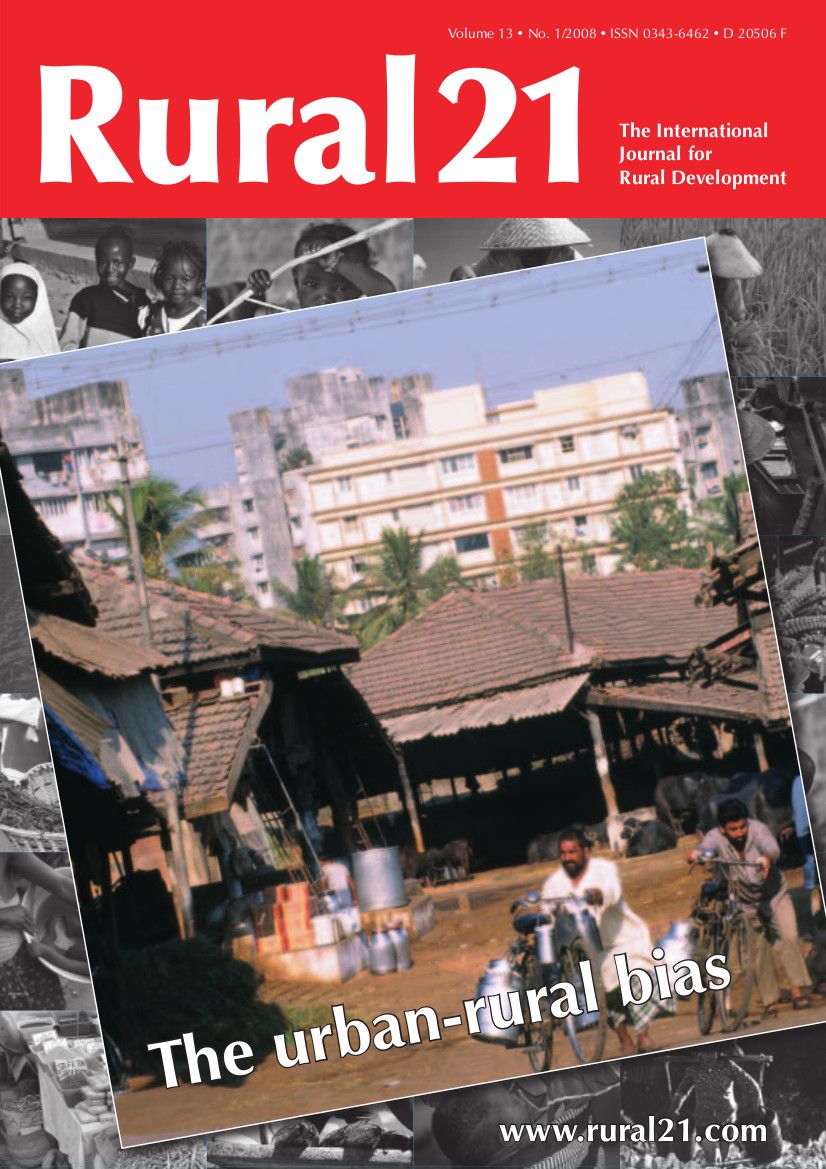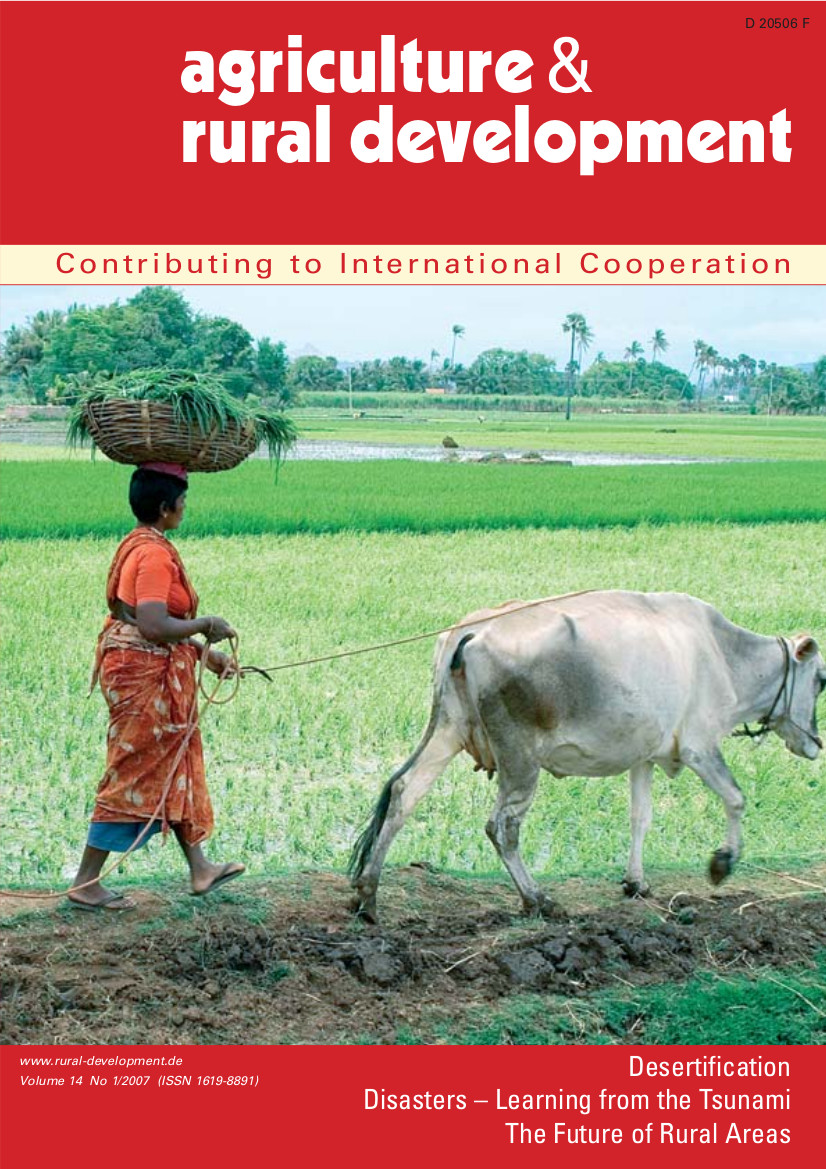Computers in the cassava field
Cassava is the main staple crop in many African countries, but the crops are threatened by two major diseases, the cassava mosaic virus disease and cassava brown streak virus, which in the last years have destroyed almost 80 percent of cassava harvests in Africa.







